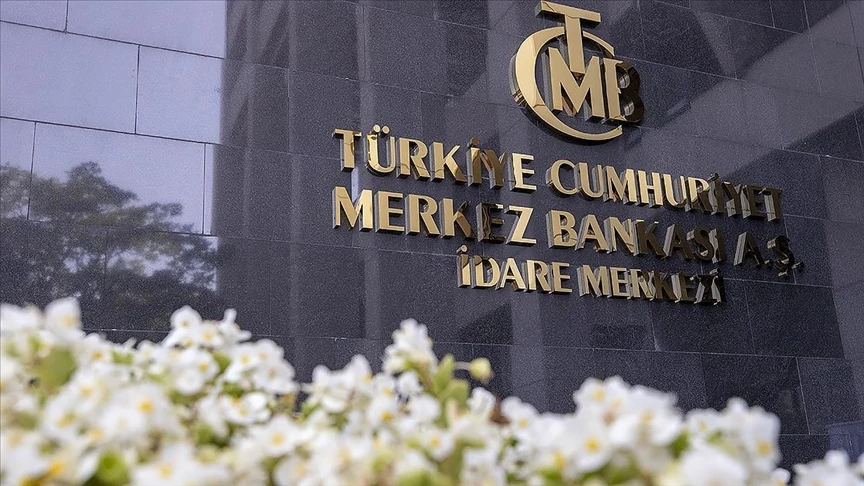S&P Global Ratings has raised Türkiye’s credit rating twice in 2024, an exceptional development according to Senior Director Frank Gill. Speaking to Anadolu Agency (AA), Gill highlighted the resilience of Türkiye’s economy and the significant factors leading to the rating increase from “B+” to “BB-,” with a stable outlook.
Key factors behind the upgrade
Gill noted that the upgrade was influenced by the increase in international reserves and the effectiveness of Türkiye’s recent monetary policy shift. The central bank’s decision to raise its policy rate to 50% has played a crucial role in stabilizing the economy.
“Economic rebalancing is evident, with the 12-month current account deficit reduced to approximately 1% of gross domestic product (GDP) as of August,” said Gill.
The move from foreign currency to lira deposits by households has also bolstered the Central Bank’s reserves, reducing the need for external financing.

Inflation and monetary policy outlook for Türkiye
Gill shared S&P’s projections for inflation and monetary policy. The agency expects year-end inflation to reach about 44%, with a gradual decrease over the next few years.
- 2025 projections: Inflation is expected to be around 22-23% by the end of 2025.
- Interest rate forecast: The first potential interest rate cut may occur at the end of the first quarter of 2025, marked by a conservative approach by the central bank.
“The central bank is likely to adopt a cautious strategy, maintaining policy rates above forward inflation expectations and closely monitoring currency, reserve levels, and capital flows,” Gill explained.

Challenges in de-inflation efforts
Despite recent progress, S&P noted that bringing inflation down to single digits could take up to three to five years. Challenges include:
- Sticky service inflation: Service sector inflation remains above headline rates.
- Wage policy concerns: Decisions around minimum wage adjustments aligned with past inflation could complicate efforts to rapidly reduce headline inflation.
Economic growth projections
Gill stated that Türkiye’s economy is projected to grow by 3.1% this year, with growth slowing to 2.3% in 2025. While negative growth is seen as unlikely, there is a chance for growth to dip below 2% if inflation persists and tighter policies are needed.
“Given population growth and expected demand recovery from Türkiye’s key European trading partners, negative growth would be very unusual,” Gill noted.

Long-term economic stability
Looking ahead, net exports are expected to contribute positively to economic growth over the next two years, while household spending may remain subdued.
S&P highlighted that maintaining stringent monetary and fiscal policies for an extended period poses challenges, especially in a democratic context where public confidence and economic impact must be considered.
“Türkiye is an open economy with strong service exports, and we expect these exports to support growth,” Gill concluded. Gill added that ongoing developments, such as the U.S. election cycle, could influence capital flows to emerging markets, including Türkiye.
